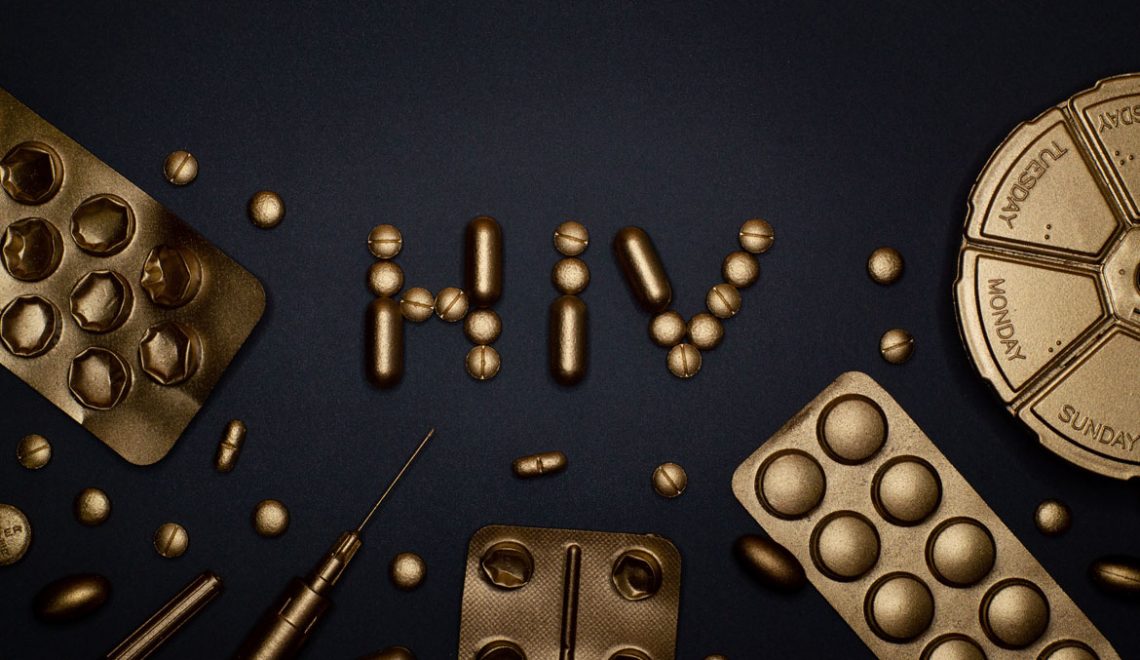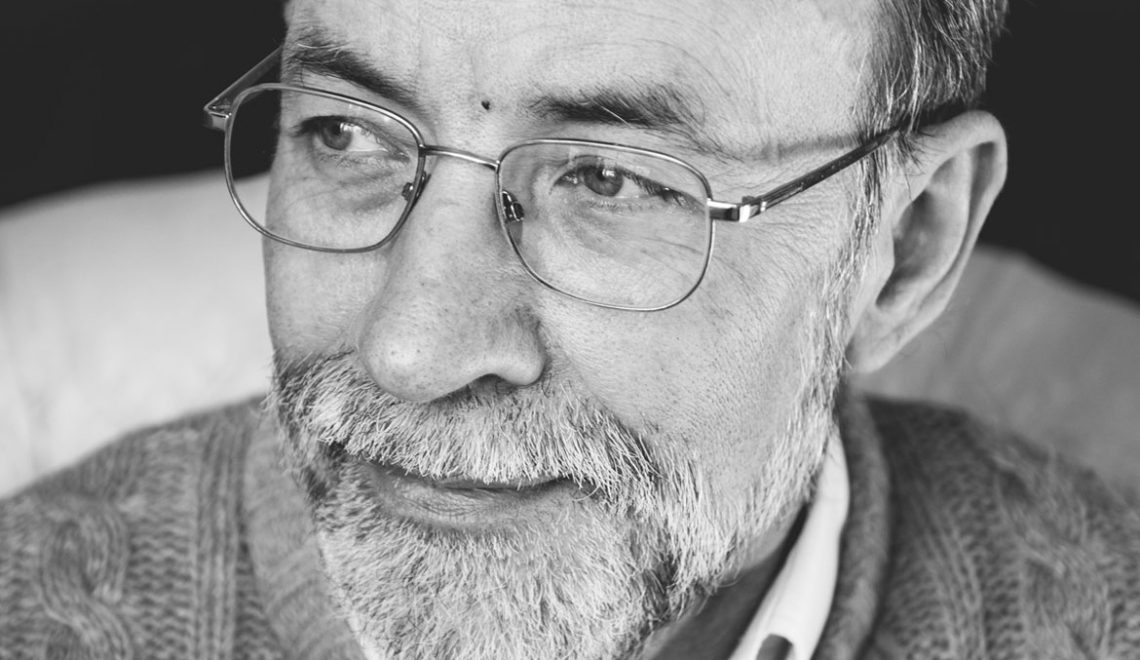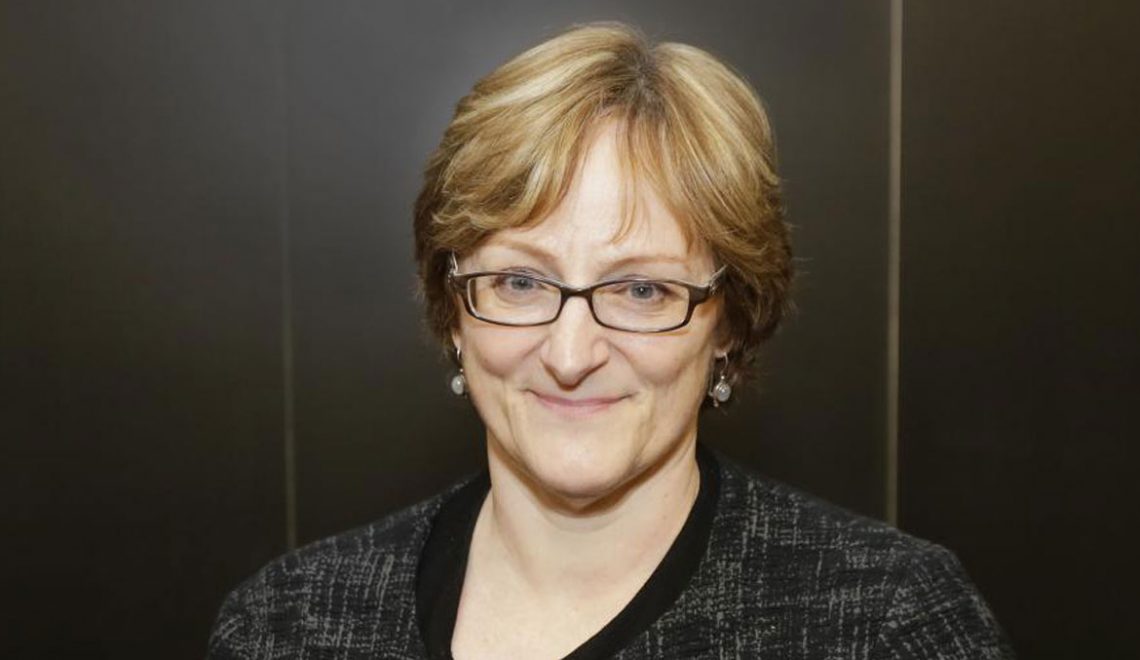
Stephen Curry is Professor of Structural Biology within the Faculty of Natural Sciences at Imperial College London. In addition to that, he regularly writes about science and scientific life for The Guardian, Times Higher Education, The Biochemist, Research Fortnight and New Scientist. Furthermore, he is on the boards of Science is Vital and the Campaign for Science and Engineering. In this interview, we have touched on a wide range of topics from his upbringing in Northern Ireland, to his favourite books, spoiler alert – one of them is The Sneetches by Dr Seuss. It has been a pleasure to interview Stephen and we hope you enjoy reading about his journey.
Introduction
Q: What is your dinner party monologue for when someone says “and what do you do?”
A: I have often advised colleagues to prepare a spiel for such a situation, though in my imagination the question is posed over a beer in the pub rather than at an elegant dinner table. Even so, I still often stumble when I encounter it myself. I will start out by declaring that I am a scientist and explain that I am also a university professor, involved in teaching as well as research. If I detect any encouragement in the eyes of my dining companion, I will proceed to describe myself as a “structural biologist”, meaning that I am interested in what protein and DNA molecules look like and go on to mention that some of my favourite molecules are involved in infection by the norovirus, an agent of diabolical gastroenteritis also known as the winter vomiting bug. At that point, the conversation will probably grind to a nauseated halt.
Early Life
Q: Could you tell us about where you grew up; were you a rural or city dweller?
A: I was born and grew up in Ballymena in Northern Ireland. It’s a small market town about 30 miles north of Belfast. Ballymena’s most famous son is the actor, Liam Neeson. I don’t know him – he’s a few years older than me – but I knew his father, who was the caretaker at my primary school.
Q: What subject(s) did you excel at in school, and which did you find most challenging?
A: I liked school and was a bit of an all-rounder academically, I struggled with music. I can’t hold a note when singing and abandoned any notion of a career in music after barely scraping a pass in grade 2 piano.
Q: Can you recall any reoccurring comments from your school reports?
A: I got good grades but no particular comment stands out in my memory, I’m afraid. I was one of those annoying and rather boring model pupils.
Q: Did you ever have a eureka moment where you thought, “this is the subject I want to study”?
A: Not really. As a child (in the 60s and 70s) I was interested in planes and space rockets. In my earliest years, I entertained the hope of being an astronaut but realised soon enough that kids from Northern Ireland didn’t grow up to fly rockets. I then thought about being an airline pilot but eventually discarded that notion. No offence to all the airline pilots who have delivered me safely to far corners of the world, but my eleven-year-old self came to the conclusion that they were just glorified bus drivers. In my late teens, like many a devout Catholic boy, I considered the priesthood and even went as far as discussing the idea at a seminary in Belfast but hesitated. I decided to focus on physics at university, another way perhaps to contemplate the mysteries of reality. There must have been more to it but can’t recall the rationale. It was an odd choice in some ways because my physics teachers at school weren’t much cop; one tried to tell us that rockets wouldn’t work in space because there was nothing to push against. I mastered Newton’s laws of motion without his assistance, so perhaps the need to develop some self-reliance in the subject helped to propel me into it at degree level? I think I also calculated that physics would keep my career options open (though, as I am at pains to tell my undergraduate students, I have realised that is true of many degree subjects).
Q: Can you remember the point at which you fell in love with your subject?
A: Again, not really. I think I may have too much of a scientific mindset and am always looking for the caveats and qualifications in any situation. I never thought seriously of doing a PhD until relatively late in the day. I was always diligent at the book-work at university but the brightest amongst my friends all seemed to have a more intuitive grasp of the subject. I did enjoy the labs in my final year, which allowed us to get to grips with a challenging series of experiments – so there was a taste for practical work. By the end of my degree, I had fallen out of love with pure physics and in love with its application to biological problems. Learning about Max Perutz’s determination of the structure of haemoglobin and seeing how that revealed the enormous subtlety of “natural engineering” in a single molecule was a real eye-opener. After that, my quest for a PhD project swung to biophysics.
Academic Education
Regarding your undergraduate studies:
Q: Which University did you study at, and was it your first choice?
A: Imperial College London. It was my second choice. I applied to Cambridge (the first in my school ever to do so) but flunked the interview. I couldn’t for the life of me figure out why it is easier for cyclists to balance when in motion. My subsequent academic success suggests to me that their admissions procedures were faulty. I’m pretty sure I don’t have a chip on my shoulder about the diversion to London (!) where I had a great time – and met my wife. Though it is pointless to speculate, I have occasionally wondered what might have happened if I’d had more of a feel for bicycles.
Q: What undergraduate degree did you study for at University, and in hindsight would you select the same subject again?
A: Physics. I would do it again but in preparation for the later shift into biochemistry, I would make sure to take A level Chemistry at school.
Q: Can you remember a University lecturer who really inspired you?
A: Chris Isham, who demystified the bizarreness that is quantum mechanics in my 2nd year.
Regarding your postgraduate studies:
Q: What motivated you to further pursue academia?
A: I thought it would be fun to do a PhD. I guess I was assuming at the time that I might stay on in research but I honestly can’t remember having a clear idea of that at the outset. By the end of my PhD, although I had revelled in the independence of being left to get stuck into a real research project, I didn’t have a clear idea of what I wanted to do next. So I looked around for alternatives and got a place on the National Health Service’s graduate training scheme for hospital managers. It was a fascinating shift but within a few months, I realised I’d made a mistake. If I’d joined the scheme after my first degree, I might have stuck with it but my PhD had spoiled me. The NHS job was important but not nearly challenging enough. I hated it and discovered that however worthy your job if you don’t enjoy it your life becomes hell.
Q: What institution(s) did you study at in your pursuit of postgraduate education?
A: I did my PhD at Imperial. I had opportunities to move – to Oxford or King’s – and reckoned that a change of scene would be good for me. But in the end, the most interesting project was the one on offer at Imperial.
Q: What was the title of your PhD thesis, and how would you explain your findings to a novice?
A: I’m going to have to look that up (I submitted my thesis in 1988). For my thesis project, I investigated the sensitivity of the light-emitting reaction catalysed by bacterial luciferase to inhibition by general anaesthetics. I showed that there was a good correlation between the potency of a wide range of different general anaesthetic molecules (which have very different structures) and their ability to inhibit the enzyme. Ultimately this helped to kill off the theory that anaesthetics induce unconsciousness by dissolving in the fatty membranes of nerve cells and so disrupting the ion channels (protein molecules) embedded within them that are required for communication and consciousness in the brain. We now know that anaesthetics act by sticking directly to the channels.
Q: If you had your time as a student again, what would you do, if anything, differently?
A: I’d learn more chemistry. I might turn to structural biology sooner.
Research Focus
Q: Tell us about your current research focus?
A: Our main preoccupation is trying to figure out how norovirus replication gets kick-started in infected cells. The virus genome is encoded in RNA rather than DNA and one of the first steps in the infection pathway is the translation of the viral RNA into the protein molecules that needs to make thousands of new virus particles. To do this, the virus hijacks the protein synthesis machinery – the ribosomes – of the cell using a protein (VPg) that is chemically attached to its RNA to inveigle its way in. We are trying to see how VPg interacts with the regulatory proteins that control access to the ribosome to gain that nefarious foothold.
Q: What do you believe is your single most important piece of research?
A: I’ll leave it to others to judge importance. My most highly cited paper (which is a crude measure of the interest in the research) was working out the structure of the abundant blood protein, human serum albumin, and showing how it binds to fatty acids – its natural cargo – and several drug molecules. A commentary on the paper described it as opening “a new era” in albumin research. That was nice – I’d never opened an era before. However, my favourite piece of work was done during my time as a postdoctoral research fellow in Jim Hogle’s lab at Harvard Medical School. I showed that the poliovirus has to undergo a structural transition to an altered form (an “A particle”) in order to deliver its RNA genome to the cell interior, and thus initiate infection. This “A particle” had been known for years but was considered to be a dead-end by-product of the first encounter of poliovirus with the outside of the cell. My work refuted that idea and meant that the virology textbooks had to be re-written.
Q: Within your area of study, what breakthroughs are on the horizon?
A: If I knew that, they would be the stuff of successful grant applications and I’d only tell you once the work was done. In my career, I’ve witnessed the discovery or invention of the polymerase chain reaction, RNA interference, genomics-scale science, CRISPR-Cas9 genome editing, and, most recently, seen cryo-electron microscopy emerge from the shadow of protein crystallography to become a truly atomic-resolution method for studying the structures of biological macromolecules. Except perhaps in the case of genome-scale research, none of these breakthroughs was visible on the horizon until they had been made. So while I don’t feel able to offer any specific predictions, I am confident that there will be astonishing and unanticipated breakthroughs
Q: Let your imagination take over for a minute and tell us what you hope your successors will be researching in 2116?
A: The pessimist in me wonders if they will have time for research. I hope so. But perhaps they will have to focus instead on searching for food and struggling to survive.
Q: What do you feel your professional legacy will be?
A: Soon forgotten.
Current Projects
Q: Are you working on any extra-curricular projects at the moment, such as: books, podcasts, websites, or speaking?
A: Yes, a few. I try to keep a fairly regular level of output on my blogs – one at the Guardian (where I have been writing since 2012) and then my original Reciprocal Space blog. These are useful adjuncts to campaigning activities with Science is Vital and the Campaign for Science and Engineering (I am on the boards of both organisations), which are currently focused on the Higher Education and Research Bill (presently working its way through Parliament) and the enormous impact that Brexit is likely to have on the UK research ecosystem. I also remain preoccupied with the issues of open access to the scholarly literature and research assessment. I’d like to think that I have a book in me. I have a semi-formed idea that I have been struggling to whip into shape.
Advice and Tips
Q: If you could give your 18-year-old self one piece of advice, what would it be?
A: Believe in yourself more.
Q: What advice would you give someone looking to start, or progress his or her career in your field?
A: Think very carefully about what you want in life. Reckon with the risks.
Q: Which book would you say has had the biggest impact on your life?
A: That’s a really hard one. Different books have mattered at different stages of my life. I would list The Sneetches by Dr Seuss, Sean O’Casey’s six-volume autobiography, and Zen and the Art of Motorcycle Maintenance by Robert Pirsig. Books that change the way you look at the world.
Q: If you could recommend one book to a novice in your field, what would it be?
A: Horace Judson’s The Eighth Day of Creation – a masterful history of the origins of molecular and structural biology, which is built on extensive interviews with the key protagonists. The messy and argumentative nature of science is laid out brilliantly.
If you’re not prepared to give some truly independent thought to what this world is all about, then what is the point of being alive?
Q: Why do you think being a freethinker is important?
A: Because if you’re not prepared to give some truly independent thought to what this world is all about, then what is the point of being alive?
Conclusion
Q: And finally, we are back at the dinner party. Someone offers you a drink, what do you ask for?
A: Any decent vintage of Chateauneuf-du-Pape.
If you’d like to find out more about Professor Stephen Curry you can check out his academic profile, personal blog, and Twitter page.
Feature photo © EMBL-EBI via www.ebi.ac.uk.
Advertisement









